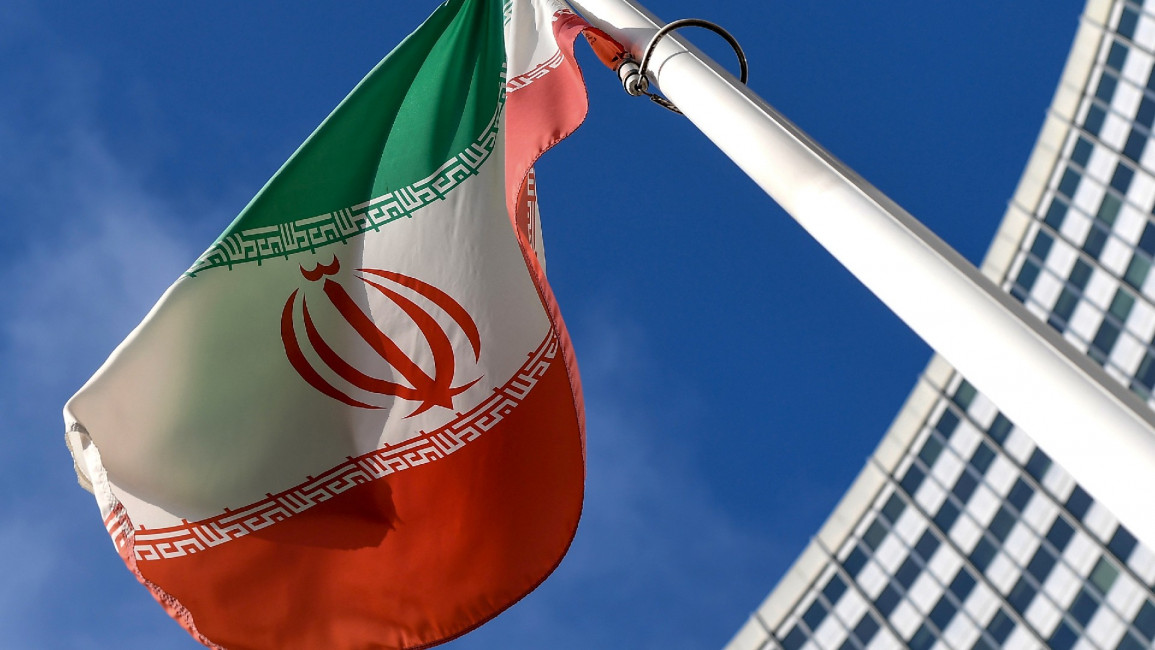Iran says agreed roadmap with IAEA to resolve nuclear issues
Iran said on Saturday it had agreed a roadmap with the UN nuclear watchdog to resolve all outstanding questions about the country's nuclear program by late June, a move seen as a latest push to revive Tehran's 2015 nuclear deal with global powers.
The announcement comes as all parties involved in indirect talks between Tehran and Washington aimed at reviving the nuclear pact have said they were close to reaching an agreement in Vienna.
"We have agreed to provide the IAEA by the end of (the Iranian month of) Khordad (June 21) with documents related to outstanding questions between Tehran and the agency," Iran's nuclear chief Mohammad Eslami told a joint news conference with International Atomic Energy Agency (IAEA) chief Rafael Grossi.
Grossi arrived in Tehran late on Friday to discuss one of the last thorny issues blocking revival of the pact, which in return for a lifting of economic sanctions limited Iran's enrichment of uranium, making it harder for Tehran to develop material for nuclear weapons.
"It is important to have this understanding ... to work together, to work very intensively," Grossi told the televised news conference.
"Without resolving these (outstanding) issues, efforts to revive the JCPOA (the Joint Comprehensive Plan of Action) may not be possible."
A major sticking point in the talks is that Tehran wants the issue of uranium traces found at several old but undeclared sites in Iran to be closed. Western powers say that is a separate issue to the deal which the IAEA is not a party to, several officials have told Reuters.
Grossi, who also held talks with Iran's foreign minister before returning to Vienna on Saturday, said: "There are still matters that need to be addressed by Iran."
The IAEA has been seeking answers from Iran on how the uranium traces got there - a topic often referred to as "outstanding safeguards issues".
"We decided to try a practical, pragmatic approach to these issues {the pending issues} in order to allow our technical experts to look into them in a systematic way, in a deep way, in a thorough way," said Grossi.
"But also with a sense of conclusion, with the intention to come to a point where we have an agreed outcome."
Grossi's trip has raised hopes that an agreement with the IAEA will potentially clear the way for revival of the nuclear pact that was abandoned in 2018 by former US President Donald Trump, who also reimposed far-reaching sanctions on Iran.
Since 2019, Tehran has breached the deal's nuclear limits and gone well beyond, rebuilding stockpiles of enriched uranium, refining it to higher fissile purity and installing advanced centrifuges to speed up output.
The IAEA has repeatedly reported that Iran has failed to give satisfactory explanations on the origin of the traces of processed uranium. Those traces suggest there was nuclear material there that Iran did not declare to the agency.
(Reuters)



